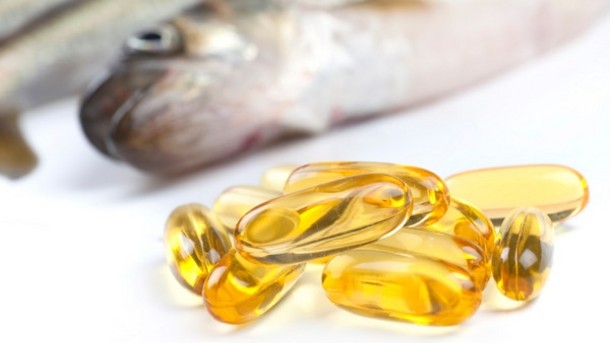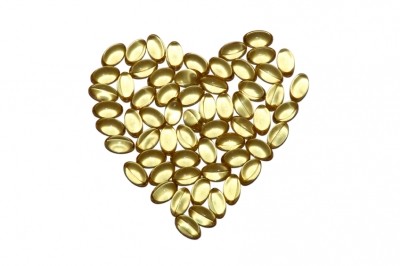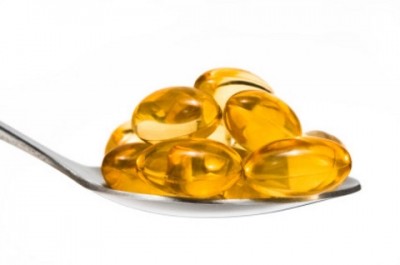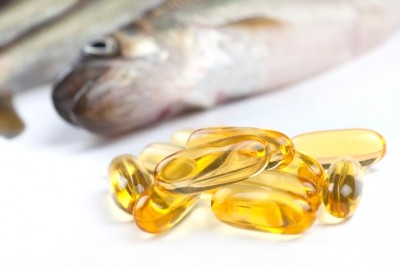Nearly three-quarters of pregnant women do not get enough omega-3, finds study

The Canadian study, published in the journal Applied Physiology, Nutrition, and Metabolism, estimated the total intake and dietary sources of eicosapentaenoic acid (EPA), docosapentanoic (DPA), and docosahexaenoic acid (DHA) in a group of 600 women – finding that approximately three quarters of pregnant women and recent mothers do not meet intake recommendations for DHA.
Led by Catherine Field from the University of Alberta, the research team behind the Alberta Pregnancy Outcomes and Nutrition (APrON) study aim to understand the relationship between maternal nutrient status during pregnancy and maternal mental health and child health and development.
In the current study of women during pregnancy and at three months postpartum, the team found that despite a high level of education and income, the majority of participants were not meeting these recommendations for omega-3 (n-3) long-chain polyunsaturated fatty acids (LCPUFA) during pregnancy and lactation.
“Unlike the majority of other studies reporting n-3 LCPUFA intake during pregnancy, the majority of the participants in the APrON cohort are from high socioeconomic status and 97% of the women report taking a multivitamin supplement during pregnancy,” noted Field and her colleagues.
“Despite this, only 27% of the women met the EU recommendation during the third trimester of pregnancy,” said the team. “The vast majority (73% in pregnancy and 75% in postpartum) of women in the APrON cohort were not meeting the current EU consensus recommendation.”
However, Field and her team added that participants who reported taking a DHA supplement were more than ten times more likely to meet the recommendation during pregnancy and at three months postpartum.
Omega-3 recommendations
The authors noted that the American Dietetic Association along with Dietitians of Canada recommends that all healthy adults, including pregnant and lactating women, consume at least 500 mg per day of omega-3 LCPUFA.
The European Commission and the International Society for the Study of Fatty Acids and Lipids (ISSFAL) specifically recommends that pregnant and lactating women consume a minimum of 200 mg DHA per day, they added.
“Results suggest that the majority of women in the cohort were not meeting the EU recommendation for DHA during pregnancy and lactation," said Field and her team.
Study results
According to the team, the current study found women who took a supplement containing DHA were 10.6 and 11.1 times more likely to meet the current EU consensus recommendation for pregnancy and postpartum, respectively.
The results also study suggested that nutritional counselling and education about benefits of a supplement source of LCPUFA should extend beyond pregnancy, noting that 44% of women in the cohort who reported taking a supplement during pregnancy were no longer taking these supplements when breast feeding at three months postpartum.
NutraIngredients’ Omega-3 forum – April 8. Head winds & trade wins
Tap the latest from the industry and scientific frontiers in the ever-changing and expansive omega-3 space in a no-holds barred debate on April 8. It’s a €25bn sector but can it keep growing amid scientific and sustainability challenges? Misappropriated research? Plant v marine? Emerging v Emerged markets? Changing demographics.
Tune in to find out…simple registration available here.
Source: Applied Physiology, Nutrition, and Metabolism
Published online ahead of print, doi: 10.1139/apnm-2014-0313
“Women who take n-3 long-chain polyunsaturated fatty acid supplements during pregnancy and lactation meet the recommended intake”
Authors: Xiaoming Jia, et al

















